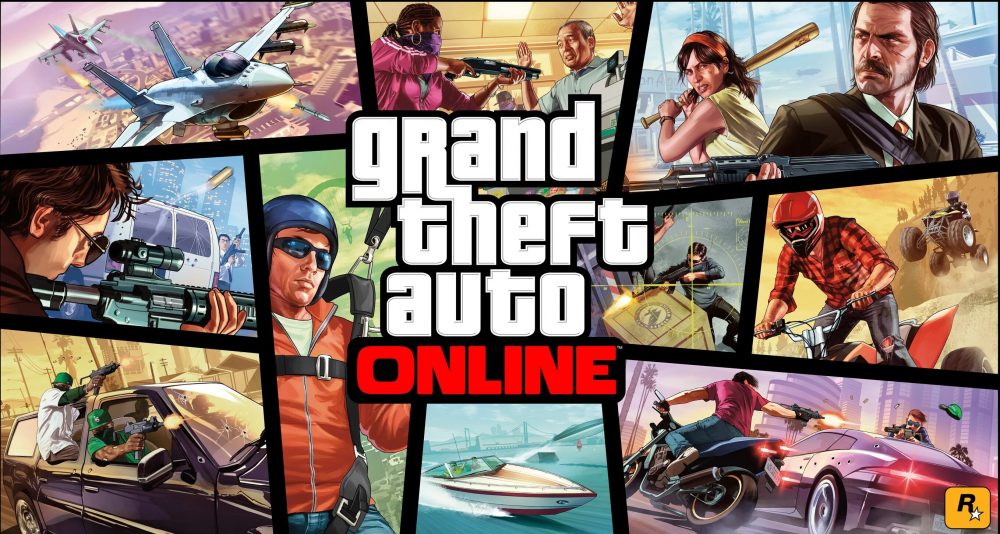There has been much discussion lately regarding controversial loot boxes – devices placed in games that can enhance a character or experience when purchased with real money. The devices are usually integrated into the game as a treasure that a player can find but must then use real money to ‘reveal’ the treasure. Prizes can be anything from upgraded weapons or skills to a simple booby trap or joke. This ‘surprise’ element is a core talking point in the loot box discussion. Some games sell bonus packs of up to 11 loot boxes in one go for as much as $9.99.
One of the main concerns regarding loot boxes is whether they could be classed as gambling and if so, how this will affect children. In September last year, the psychiatry publication The Lancet released a report suggesting that the line between what constitutes a video game and gambling has become blurred over the past few years. The article cited loot boxes as the main offender in this area, noting how the unknown nature of their “randomized contents” resembles an aspect of gambling.
The article goes on to note the potential psychological effect that such devices could have on young minds that are more prone to risk-taking. It is widely believed that the brain releases certain chemicals when engaging in unpredictable or risky activities, and younger people are more prone to becoming addicted to these chemicals.
Calls for bans
Around the same time, UK newspaper The Guardian published a similar article regarding loot boxes, in particular, calling for them to be regulated and banned from use by minors. It points out how loot boxes are incredibly lucrative for game developers and they may be abusing this fact due to the lack of regulation. Again, it noted how children, in particular, are at risk. For those of legal age, there is much fun to be had playing in online casinos, so many feel it’s not necessary to give games an additional gambling element.
In the EU country of Belgium, loot boxes have already been classed as gambling and game developers have chosen to remove them rather than apply for a gambling license. It is now believed that other European countries may follow suit and enact similar regulations. In the UK, it has been noted that an upcoming review of the 2005 Gambling Act will put particular focus on credit card gambling and loot boxes. According to Labour’s shadow DCMS minister, Tom Watson, the entire gambling act could be completely replaced with new regulation “fit for the digital age.”
Other Gambling Elements in Games
While loot boxes have become particularly notorious due to their prevalence in games like Overwatch and Star Wars Battlefront II, they are not the only aspect of gambling found in video games. These days, many games use an in-game currency which can be earned or, in some cases, purchased with real money and then spent on various products in the game.
Some of these games now feature in-game casinos which can be played in just the same way as any online casino, only with the developers not requiring a gambling license. GTA 5 Online, in particular, has been criticized for featuring an in-game casino, The Diamond Casino, in which players can gamble with real money. However, in certain regions, game currency purchased with real money cannot be used in the casino, indicating that developer Rockstar is complying with international gambling law.
If you enjoy games and gaming and want more NEWS from the Gaming World Click Here







